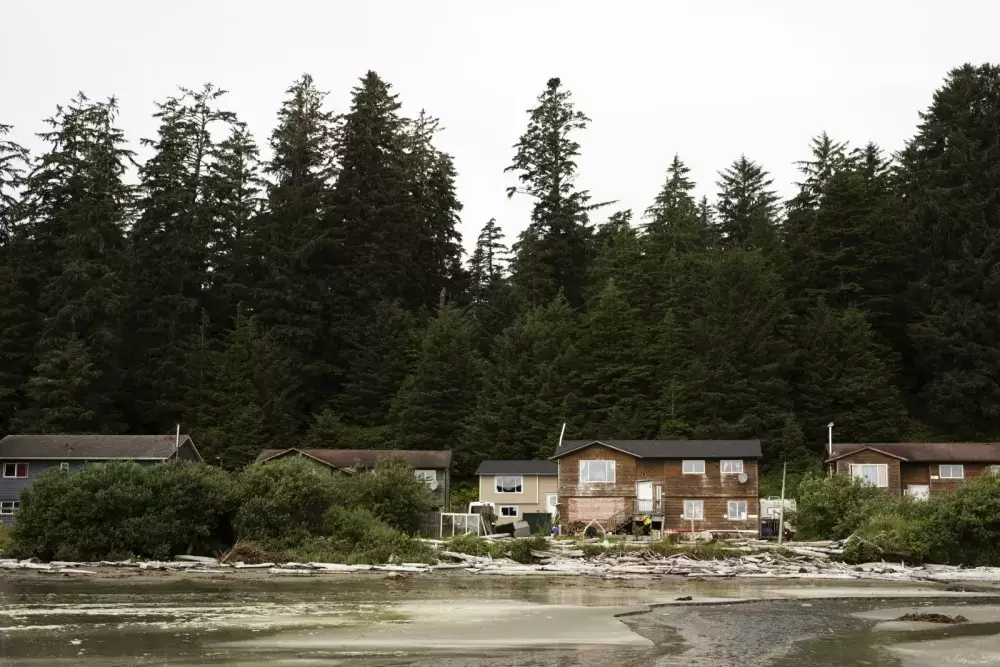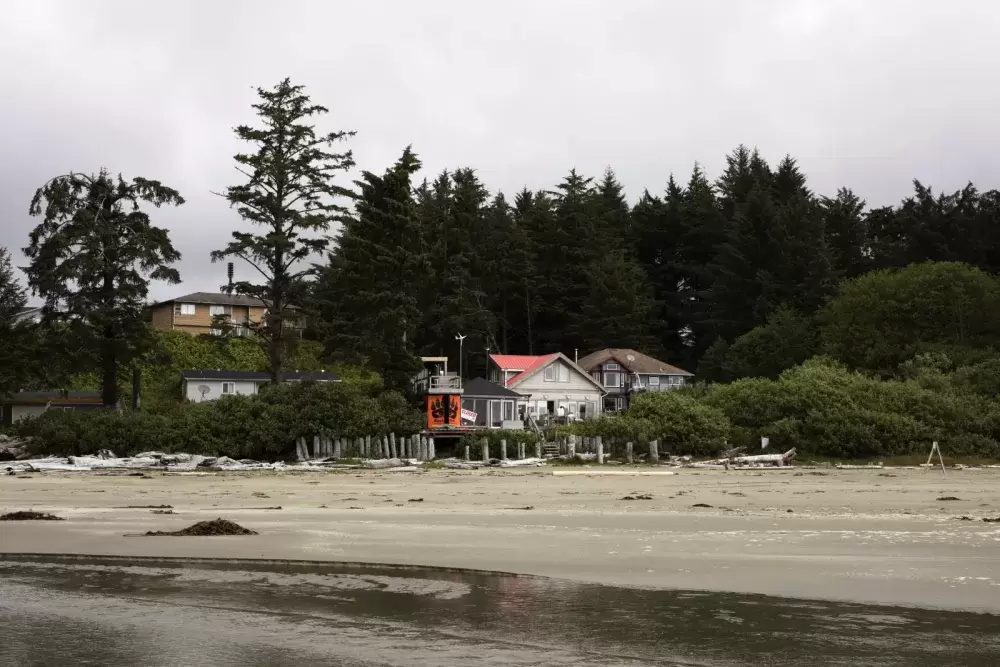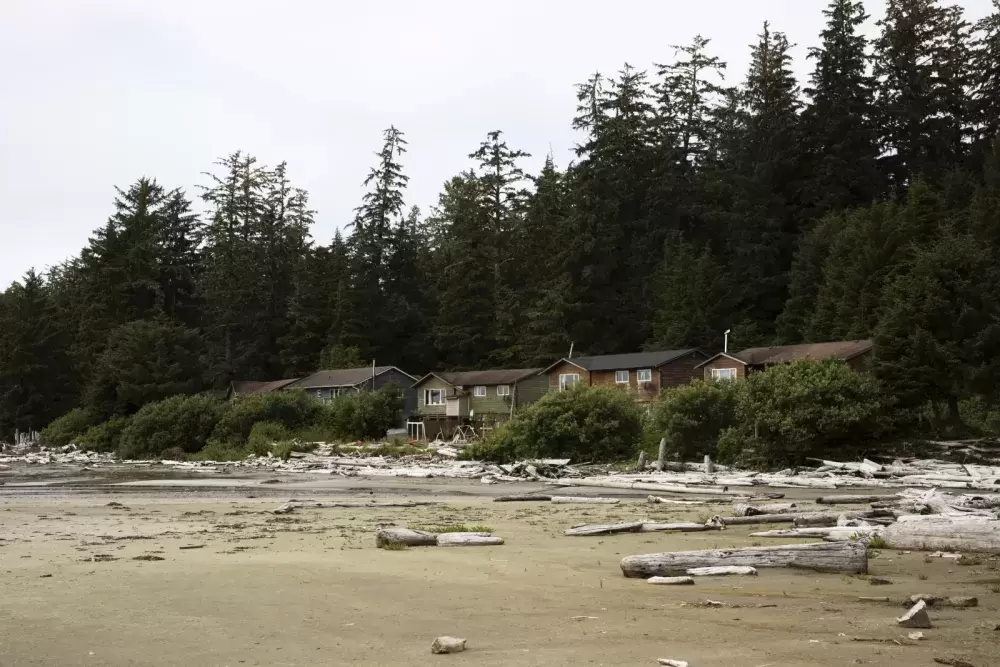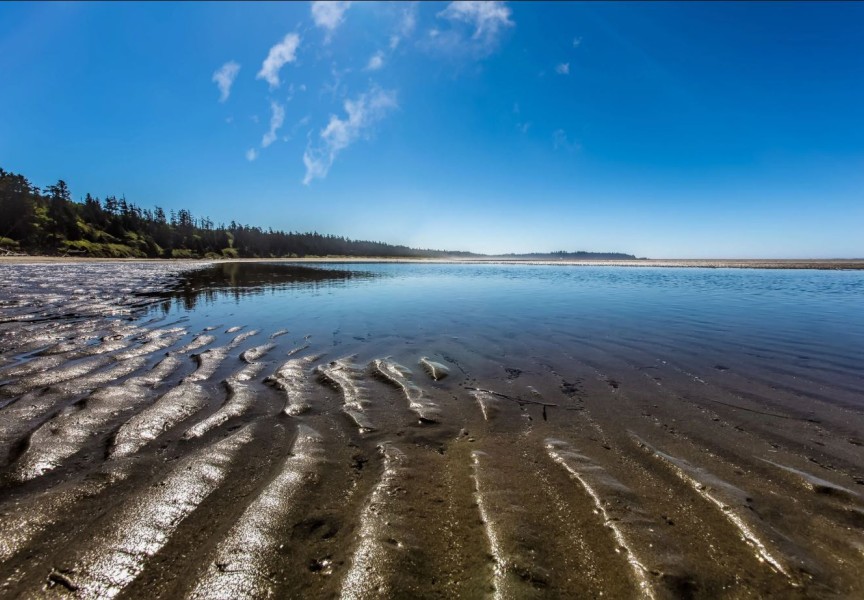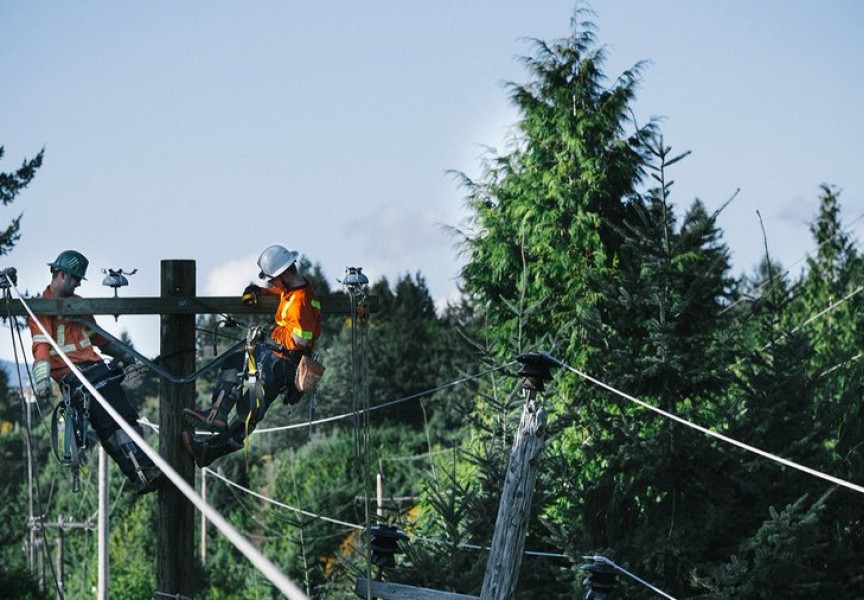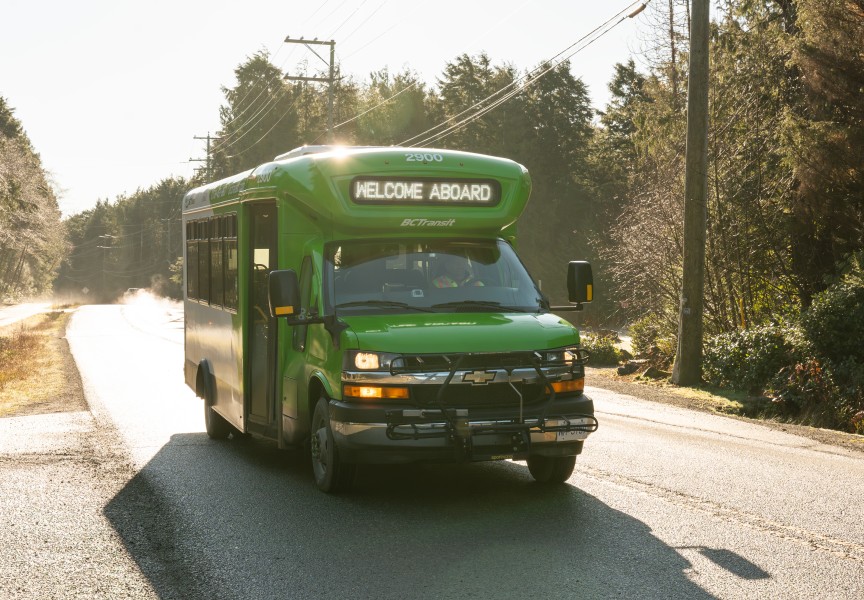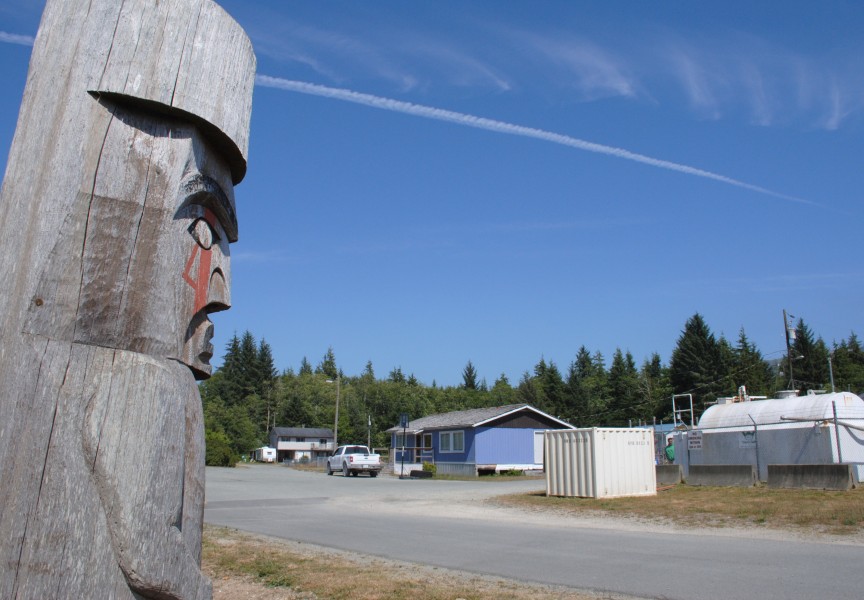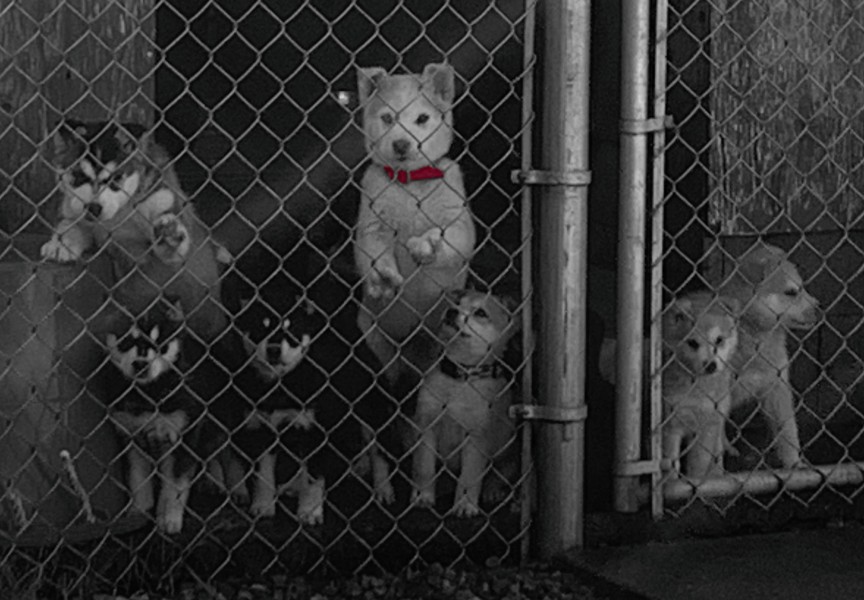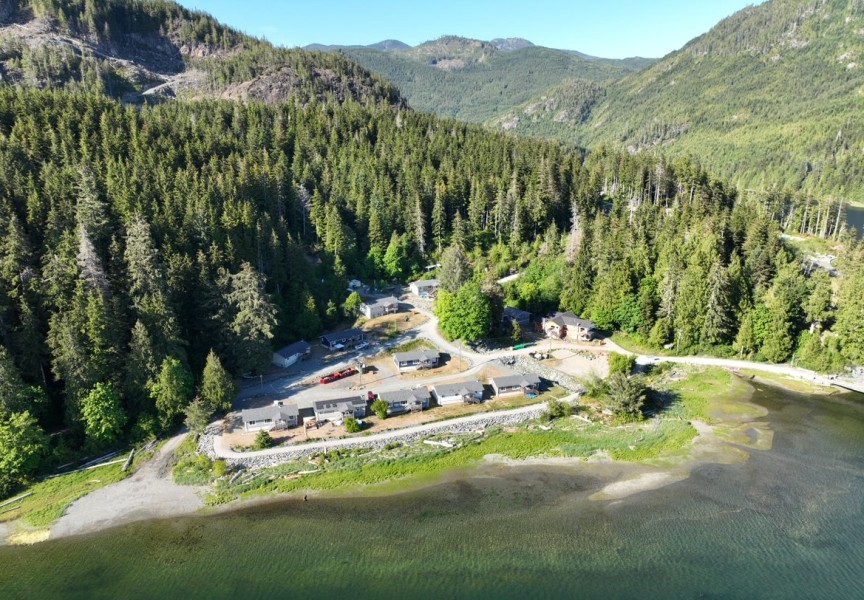Tla-o-qui-aht First Nation and the Yuułuʔiłʔatḥ Government will be introducing the Alberni Clayoquot Regional District’s (ACRD) residential roadside waste collection service in their communities this fall.
There are currently six large containers placed throughout the First Nation communities, which residents can use to dispose of their household waste. This means that there is no waste separation.
The ACRD launched a West Coast Solid Waste Working Group in 2019 that included representatives from Ucluelet, Tofino, Parks Canada, and Tla-o-qui-aht, Yuułuʔiłʔatḥ and Toquaht First Nations. Their goal was to find opportunities to improve waste management in the region.
It has resulted in the introduction of organics to residential waste collection. This new service will divert food and yard waste from landfills, transforming it into “reusable, nutrient-rich compost,” the ACRD said in a release.
The nations are anticipating to receive the three-stream roadside collection service for organic waste, recycling and garbage in October, before the program is rolled out more widely across the west coast.
The towns of Tofino and Ucluelet will receive organics pick-up for the first time in the fall on a weekly basis. Recycling and garbage collection with alternate on a bi-weekly basis.
Because the nations are receiving the Sort'nGo service for the first time, it is rolling out in the communities six weeks earlier than in Tofino and Ucluelet.
Tla-o-qui-aht First Nation has never had a recycling program within their communities of Opitsaht, Esowista to Ty-Histanis, said Shawn Quick, Tla-o-qui-aht First Nation public works manager.
He attributes it to a “lack of direction, help and understanding.”
“Traditionally, we didn’t have to worry about our scraps degrading in a harmful way in the ecosystem,” he said. “But now we have all these plastics and other pollutants - we have to properly manage them to make sure we don't poison our territory going forward."
Colonial policies that were put in place to “subjugate” Indigenous communities interrupted how waste was traditionally disposed of, he said.
Growing up, Quick said he didn’t see any care given to the disposal of waste.
“[The government] put us into little communities that they could manage,” he said. “But now they’re leaving it to us to take care of ourselves.”
Tla-o-qui-aht is now in the midst of learning how to manage different policies and actions, which Quick said includes effective waste removal.
The introduction of recycling and organic waste collection has been a goal of Quick’s since he took on his role around five years ago.
“It’s about time,” he said. “To take care of our waste properly and reduce our impact on our climate.”
Quick said organics will be transported for composting to the Tofino airport, recyclables will be brought to the recycling depot in Tofino, and garbage will be brought to the West Coast Landfill.
“It’s exciting to see the Tla-o-qui-aht First Nation and Yuułuʔiłʔatḥ Government lead the way on the west coast with the expansion of the ACRD’s three-stream Sort’nGo program,” said Josie Osborne, MLA for Mid Island-Pacific Rim. “This service gives families another tool to reduce impacts on the environment and makes our west coast communities a healthier plan to work, live, and play.”
Residents can expect to receive new collection carts for organics, recycling and garbage ahead of the program’s launch, according to the ACRD.
The ACRD received a $6 million grant in 2020 to introduce organics collection to the region through the Canada Community Building Fund. In 2021, the Sort’nGo program was kicked off in Port Alberni.
“The Sort’nGo service will be a large change for the residents of Hitac̓u – for decades we’ve relied on community dumpsters that many are used to using for discarding waste at leisure,” said Spencer Touchie, Yuułuʔiłʔatḥ assets manager. “This new change in providing a weekly service, offering organics, recycling, and waste removal, will help us move forward in a more sustainable way.”
As Yuułuʔiłʔatḥ nears the launch, Touchie said the nation is working with the ACRD to offer information sessions and packages to hitac̓u residents.
“Organic waste diversion is a huge priority for all of us,” said ACRD Board Chair John Jack. “We’ll be working together over the coming months on logistics, education and engagement to ensure a successful pilot project.”
Quick said the move is being made to be “appropriate stewards” of the land.
“To ensure we decrease our footprint in the world today, and try to make the best choices [we can] with our solid waste removal,” he said.

